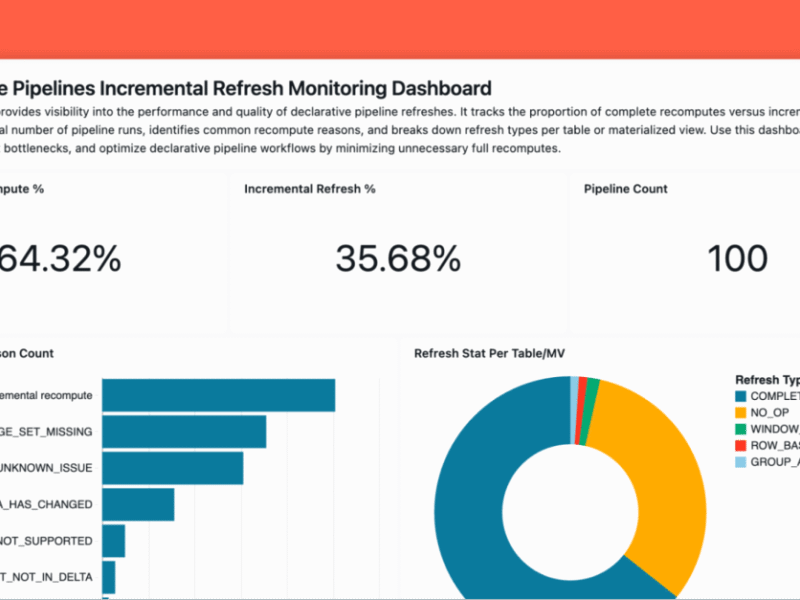Search engines have transformed how we access information on the internet, serving as the gateway to a vast universe of data. They not only assist users in finding relevant content but also play a pivotal role in shaping web visibility and the distribution of information. Understanding how search engines function can empower both users and content creators in navigating this digital landscape effectively.
What is a search engine?
A search engine is a specialized program that helps users find and retrieve information from a database, primarily the World Wide Web. It identifies relevant content, connecting users with the resources they need.
How do search engines work?
The operation of search engines involves several stages that ensure users receive accurate and relevant information quickly.
Stages of Google search
Search engines like Google follow a systematic approach to deliver search results:
- Crawling: Crawlers, or bots, explore the web to discover new and updated pages. This process helps identify URLs that need to be checked for content changes.
- Indexing: After crawling, the search engine analyzes and processes the discovered pages, tagging them with metadata to enhance relevance during search queries.
- Searching and ranking: When a user inputs a query, the search engine retrieves relevant pages from its index and ranks them based on various criteria, such as keyword relevance and authority.
Types of search engines
Search engines can be classified based on their focus and the types of content they prioritize.
- Specialized content search engines: These focus on specific content types, such as academic papers or images, catering to niche audiences.
- Country-specific search engines: These prioritize local content, often providing results based on geographical relevance and native language.
- Corporate search engines: Designed for organizations, these engines help employees efficiently find and manage proprietary information.
Ranking algorithms
Search engines utilize complex ranking algorithms to determine the relevance and authority of web pages. Key criteria include:
- Query meaning: Understanding user intent through context and language models.
- Relevance: Matching keywords in queries to those on web pages increases the likelihood of showing pertinent results.
- Quality: Evaluating the credibility of content based on expertise, authority, and legitimate backlinks.
- Usability: Assessing the overall user experience and accessibility of web pages.
- User data: Analyzing past search behavior and geographic location to tailor rankings.
Search engine optimization (SEO)
SEO encompasses a series of techniques aimed at improving the visibility and ranking of web pages in search results. Marketers optimize content using strategic keywords, detailed metadata, and quality backlinks to enhance their search engine performance.
Goals of search engines
Search engines aim to provide accurate information while pursuing additional goals:
- Organic results: Non-paid listings are generally perceived as more credible by users.
- Authority establishment: Ensuring the credibility of pages to deliver trustworthy information enhances user trust.
- User privacy: Maintaining privacy through methods that protect user data is increasingly important for many search engines.
Revenue generation for search engines
Search engines have various revenue streams that allow them to sustain operations:
- Pay-per-click ads: Advertisers pay fees each time users click their ads displayed in search results.
- User data monetization: Analyzing user behavior allows search engines to tailor ads and create targeted offers.
- Contextual ads: These are relevant advertisements that align with the current search queries.
- Donations and affiliate links: Some platforms use donations or affiliate relationships to generate revenue.
Personalization of search results
Search engines customize results based on user data such as search history and preferences. This personalization is tracked through cookies, although private browsing features offer limited protection against such tracking.
Popular search engines
The search engine landscape features several key players:
- Google: Holds over 92% of the market share, making it the most widely used search engine.
- Yahoo and Microsoft Bing: These are other notable search engines with smaller market shares.
- Privacy-focused engines: DuckDuckGo and similar platforms emphasize user privacy and minimal data tracking.
Future of search engines
Emerging technologies may shape the future of search engines in notable ways. Anticipated advancements include:
- AI enhancement: Increasingly, AI will facilitate more intuitive user interactions.
- Growth of niche engines: Demand for privacy-centric and specialized search options is likely to rise.
- Changing user behavior: A shift towards social media and applications may redefine how users access information, reducing reliance on traditional search engines.

